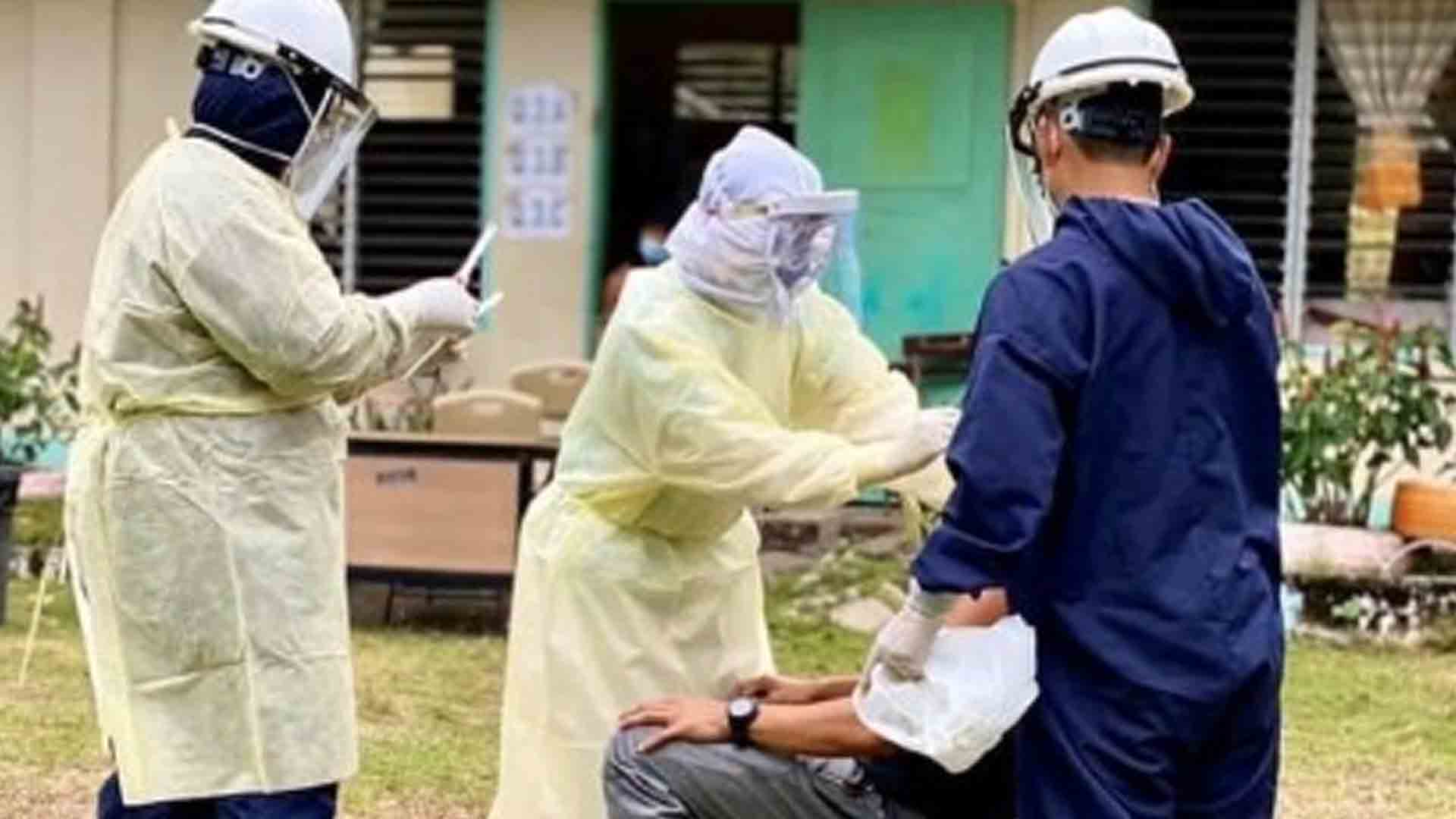In a span of two days, coronavirus disease 2019 (Covid-19) cases in Caraga went up by 59, the Department of Health in the region (DOH-13) said.
A total of 33 new cases were logged in the area on Friday and another 26 were added on Saturday, the agency reported.
In a press briefing on Sunday morning, DOH-13 said the region now has a total of 1,125 confirmed cases with 701 recoveries, 486 remaining active cases, and 38 deaths.
Some 34 local transmissions were also recorded in the same period, 16 of which were classified as new transmissions.
A total of 560 local transmissions or 46 percent from the total cases were recorded in the region as of Saturday last week, the agency said, adding that other classifications include locally stranded individuals with 298 or 24 percent; returning overseas Filipinos with 63 or 5 percent; healthcare workers, 187 or 15 percent and front-liners with 48 or 4 percent.
Local transmissions were also declared by the agency in six new areas in Caraga, aside from Butuan City and Bislig City in Surigao del Sur that had previous local infections of the virus.
DOH-13 regional director Jose R. Llacuna Jr. on Saturday said the declaration was based on the consolidated regional epidemiology and surveillance data and the local contact tracing reports on confirmed cases in the area.
“We found out the significant increase of cases among first the layer close contacts and more than two untraceable cases in certain cases and municipalities,” Llacuna said.
Local transmissions of Covid-19 have been declared in the towns of Nasipit, Remedios T. Romualdez (RTR) and Buenavista in Agusan del Norte; in the town of San Francisco in Agusan del Sur; in Cabadbaran City, and Surigao City.
The DOH-13 chief reiterated his call on stricter health measures to contain the spread of the Covid-19 virus especially in areas where local transmissions were already detected.
“There is a need to activate and further strengthen surge capacity preparation and response for the whole region and to implement stringent health protocols to delay rapid transmission of the virus,” Llacuna said. (PNA)







